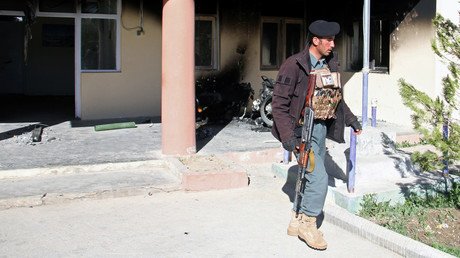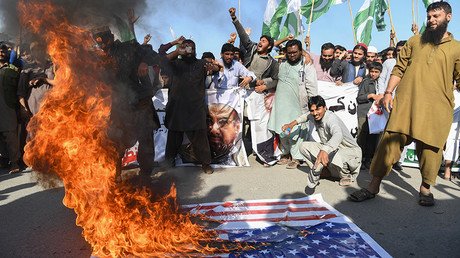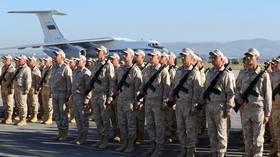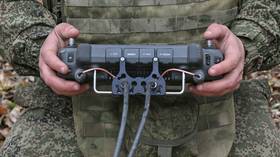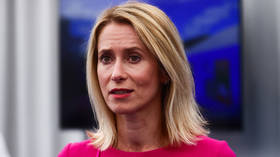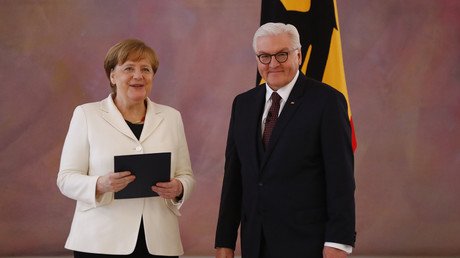‘Never fight someone else’s war’: US aid brought Pakistan more losses than benefits, says Imran Khan
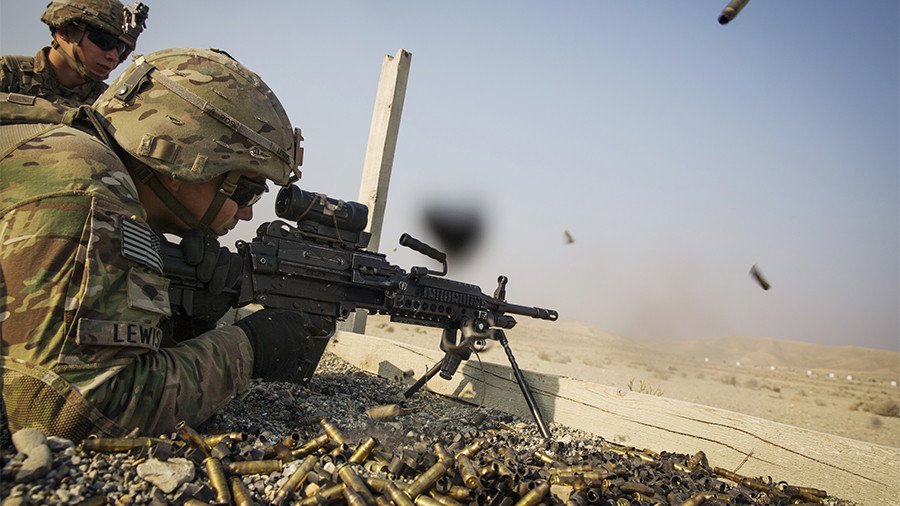
US security funding for Pakistan cost the country dearly, as the damage caused by fighting “someone else’s war” was much higher than the benefits of aid, prominent Pakistani opposition figure Imran Khan told RT.
In an interview with RT’s Sophie Shevardnadze, Khan, a member of Pakistan’s National Assembly and the leader of the Pakistan Movement for Justice, criticized Washington’s approach on Afghanistan, saying that using force would only further antagonize the region. Pakistan has been strongly affected by what has been happening in neighboring Afghanistan, thanks to bellicose US rhetoric and failures, the opposition figure believes.
“There is a problem, unfortunately, that the American policy of using a one-dimensional military solution to problems in Afghanistan has led not only to the longest war, but it has caused immense problems to Pakistan,” Khan told RT.
Washington and Islamabad were formerly close allies. After the 9/11 attacks, the two countries forged a strategic alliance to help the US fight against the Taliban and Al-Qaeda militants. However, the longstanding friendship suffered a major rift after US President Donald Trump lambasted the county, calling it a “safe haven” for terrorist groups which are directly engaging US troops stationed in neighboring Afghanistan.
Shortly after that, in early January, the State Department officially cut security funding for Pakistan, accusing it of allegedly protecting terrorists.
“My point of view is that this American aid has been very costly for Pakistan,” Khan said, adding that there is “no comparison” of its benefits to the damage done by participating in the US war. Pakistan “took a heavy punishment,” as the lives of 70,000 people were lost, and up to 4 million people were internally displaced, according to the official. The economic fallout is no less striking – the economy lost about $100 billion and much of the country’s tribal and border areas are devastated.
“So this small aid has been very costly. And the lesson learned, from Pakistan’s point of view, is to never fight someone else’s war.”
However, Washington wants Islamabad to compensate for its own failures and win the “badly lost war” in Afghanistan. The allegations of assisting terrorists are also linked to attempts to shift the blame to Pakistan, Khan believes. Despite “almost half a million armed forces [being present] in Afghanistan,” including NATO troops and the Afghan Army, Washington lashes out at Pakistan for “two or three thousand insurgents.”
“That surely cannot be the reason why they’ve lost and have not been able to win for 16 years,” Khan argues.
The mistake lies in the core of the current American policy on Afghanistan, Khan says. He believes that the only plausible way to achieve peace is by bringing the Afghan Taliban and the Afghan government to the negotiating table. Instead, the US still sticks to military means which had failed long ago.
“If he [Trump] had even drawn any lessons from the Soviet invasion of Afghanistan, before that the British in the 19th century invasion of Afghanistan, he would know that this military solution which Donald Trump also has tried, is going to fail. The only solution, the only way to bring peace in Afghanistan is all the neighbors sit together and then come up with a political solution. There is no other solution apart from that,” Khan said.
